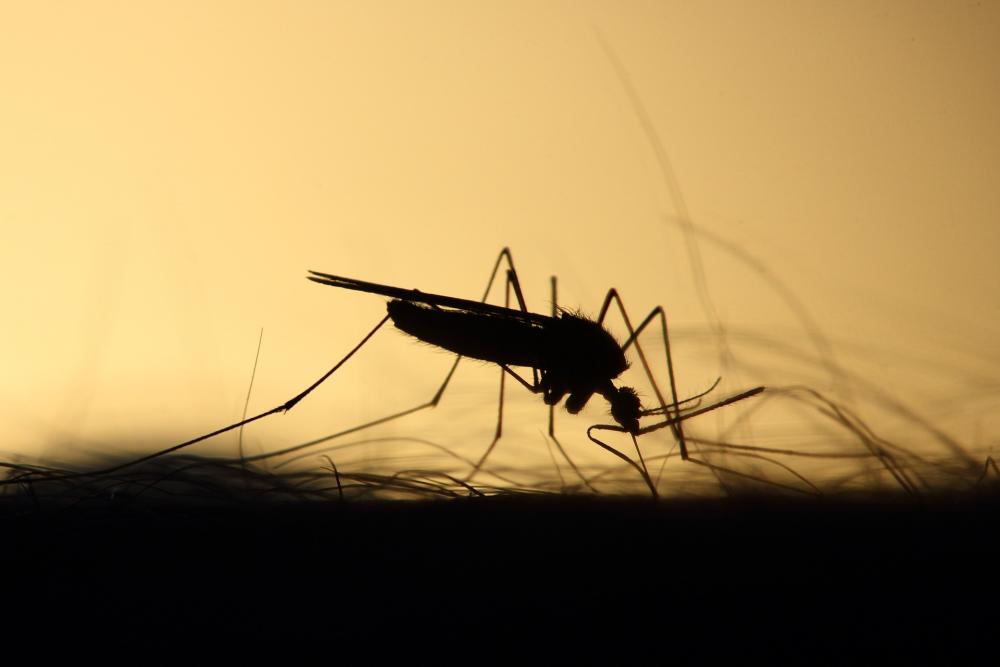Cameroon shares its malaria vaccine rollout experience
- May 20, 2024
- Africa / Malaria
- By The Bureau
- Read in French

Background
On 6 March 2024, the conference entitled “Tackling malaria in the countries hardest hit by the disease” was held in Yaoundé, Cameroon, with the aim of strengthening political and financial commitment to an accelerated response to malaria in the 12 countries with a high burden of malaria, 11 of which are on the African continent.
Cameroon, the host country of the conference, is one of the hardest-hit by malaria. Data from the presentation of Cameroon’s experience of malaria vaccine rollout in January 2024 :
- The prevalence rate of the disease is 26.1% (MIS 2022),
- It accounts for 30% of consultations (National Malaria Control Program (NMCP) 2021 report),
- 50% of hospitalizations in health facilities are due to malaria,
- 2.9 million cases of malaria and 1,756 malaria-related deaths were recorded in health facilities in 2023.
Cameroon’s experience, which was presented at the ministerial conference, includes both challenges and useful lessons.
Taking on Malaria
Malaria remains the main cause of consultations and hospitalizations in Cameroon, which is one of the eleven countries (Burkina Faso, Cameroon, Democratic Republic of Congo, Ghana, India, Mali, Mozambique, Niger, Nigeria, Uganda, United Republic of Tanzania) bearing 70% of the world’s malaria burden, and particularly affects children under five and pregnant women.
In terms of prevention, Cameroon is implementing high-impact interventions, including the distribution of long-lasting insecticide-treated mosquito nets (LLINs) in mass campaigns and on a routine basis to pregnant women and children, the administration of intermittent preventive treatment to pregnant women, the seasonal chemoprophylaxis campaign on an annual basis in the Far North and North regions characterized by seasonal transmission, and the introduction of intermittent preventive treatment for children since 2022.
Approach to vaccine introduction through the Expanded Program on Immunization (EPI)
In the battle against this scourge, the country pioneered the launch of the RTS,S malaria vaccine, whose development required 30 years of research by the British drug manufacturer GSK, and which has been approved by the WHO. The vaccine targets the Plasmodium falciparum parasite, responsible for the most dangerous type of malaria. Its rollout-out follows successful pilot campaigns in Kenya, Ghana and Malawi, where the vaccine led to a 13% drop in malaria deaths among eligible children (aged 5 months and over), according to Unicef.
Collaboration with the National Malaria Control Program (NMCP) was vital in the planning and introduction of the vaccine, as the NMCP has considerable expertise and a large database.
High-incidence, high-mortality areas were identified as being in greatest need of the vaccine in the 42 priority health districts in the country’s 10 regions, for vaccine rollout.
In addition, the integration of intermittent preventive treatment (IPT) and LLINs into the EPI calendar facilitated communication about the introduction of a new vaccine to the population.
Vaccine hesitancy
From the outset, the introduction of the vaccine was criticized and questioned by the public, that was not convinced of its safety and efficacy, and did not understand why Cameroon being the first country to roll it out, appeared to be a guinea pig in their opinion. A rapid cross-sectional evaluation revealed that vaccine reluctance was most pronounced in urban communities. As a result, the introduction of the vaccine was postponed from December 2023 to January 2024.
To address the situation, the Ministry of Health established a team of highly experienced malaria experts at national and sub-national levels to communicate about the vaccine through all available platforms, including social networks.
Vaccine rollout-out and uptake
The existing EPI platform made it possible to deliver and store the vaccine right up to the last mile, at no extra cost. The vaccine is administered in 4 doses, at 6, 7, 9 and 24 months. It was crucial to strengthen communication to convince parents to bring their children for vaccination to receive the first dose. This communication will need to be maintained to ensure that the appointment for the 2nd dose, administered at 7 months, is kept, as this is an unusual milestone.
At the end of the first month, the coverage rate was around 20%, prompting the managers to carry out an integrated supervision, which enabled them to identify shortcomings and implement appropriate measures to improve the vaccination rate and reporting. As a result, the coverage rate doubled the following month.
Coordination, monitoring and evaluation
Health Minister Dr. Malachie Manaouda set up a national coordination committee to guide preparation. The EPI and NMCP coordinated coaching and monitoring activities prior to vaccine introduction on a weekly basis, using a national preparedness dashboard. This involved the State and all partner organizations (Gavi, WHO, UNICEF, Global Fund, PMI, CDC, USAID, and CSOs) supporting the vaccine rollout-out process. This coordination was crucial to ensure that all stakeholders were involved and that the country was well prepared for vaccine deployment. After vaccination, a WHO monitoring dashboard was used to check the daily coverage rate and provide guidance.
Challenges
Challenges include limited vaccine allocation, leading to the risk of stock-outs; community adherence to vaccination in a context of infodemia (rapid and widespread dissemination of a mixture of both accurate and inaccurate information about the disease); new vaccination appointments (6 and 7 months) that require acceptance and compliance; monitoring the effectiveness of malaria vaccine introduction in all 42 priority health districts; and data collection and management for the rapid sharing of initial results.
In addition, some parents wanted to have their over-age children vaccinated, and people regularly asked why all districts (203 in total) were not covered.
Future Plans
It is planned to extend the introduction of the malaria vaccine to all districts. For the extension of the age range targeted for vaccine introduction, additional written guidelines will be required, as well as assurance of sufficient supply.
Greater community involvement to conduct awareness-raising campaigns and educate parents and guardians on the importance of vaccination is necessary to ensure the successful rollout-out of malaria vaccine on a larger scale across the country. These actions can be undertaken through the usual channels, such as community meetings, local radio programs and home visits among others.
Rose Meku


